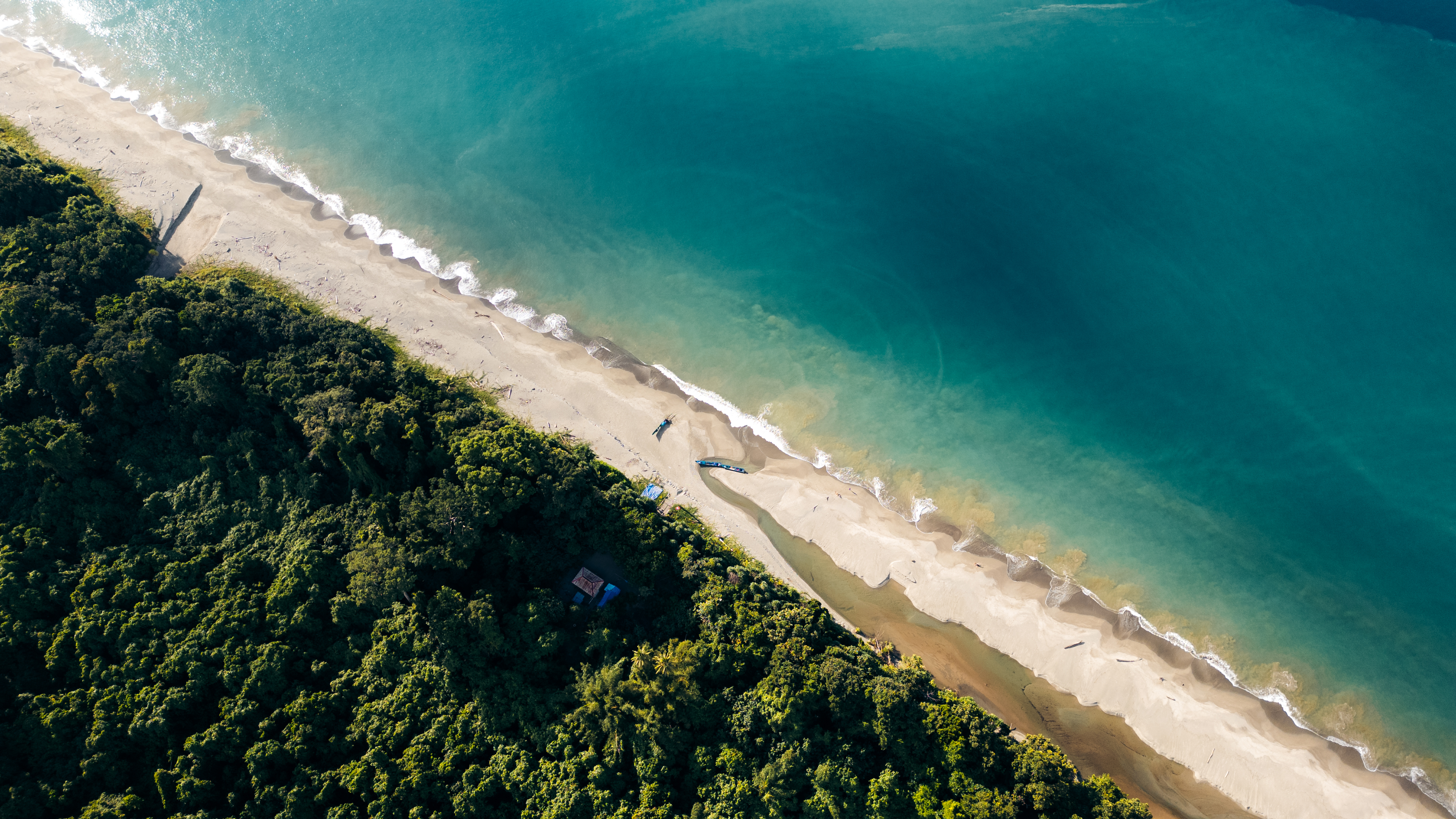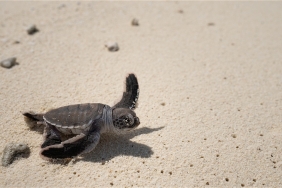WORLD TOURISM DAY REFLECTION (1): OUR MANAGEMENT STANDARDS MUST BE HIGHER!
By: Indarwati Aminuddin (National Coordinator for Responsible Marine Tourism, WWF-Indonesia)
Indonesia has opened the floodgates to tourism. Things are moving fast: the drafting of new regulations; the opening of national, city, district and remote road access; the tracing of recreational boat lines; the construction of hotels and restaurants; the development of new destinations; to the leasing of land and islands.
In 2016, the number of foreign tourist visits to the country reached 11.52 million. This figure increased by 10.69% compared to the same period in 2015 of 10.41 million visits. Most tourists entered through Indonesia's two main airports; Soekarno-Hatta International Airport, Ngurah Rai, Bali, and Hang Nadim, Batam.
In 2017, the number of tourist arrivals reached 5.36 million for the January-May 2017 period. This means, it is predicted, Indonesia will get an even bigger total visit this year. The soaring number of visits is still dominated by Chinese tourists, followed by Singapore, Australia, Malaysia and Japan. The rest are tourists from various countries.
The Indonesian government and tourism practitioners are so enthusiastic about opening remote and beautiful spaces as destinations. We treat tourism as part of the economy, dedicating tourism to achieving Sustainable Development Goals (SDGs). With this perspective, the most beautiful and ecologically significant locations become open spaces for tourism.
"This is not without risk," says Jensi Sartin, Coordinator of Komodo Marine Protected Area (MPA), WWF Indonesia.
"We see how Komodo National Park has become a magnet for all parties; fishermen, dive operators, or recreational boats; with different purposes," she added.
As the number of tourists grows, so do land conflicts, deer poaching in the area, sale of protected species, marginalization of local residents, and lack of clean water and untreated garbage.
"Good and proper tourism should be able to answer these challenges. High management standards, active communication and coordination, and regular monitoring and evaluation. These things can minimize the damage caused by these destructive practices," said Jensi again.
Without high tourism management standards, we will not be able to meet sustainable development targets. It is this standard that WWF-Indonesia is pushing for, by establishing the Signing Blue program. As an effort to encourage high practice and commitment in the tourism business, Signing Blue was initiated as a tool that measures the performance of tourism businesses from three aspects; ecology-biodiversity, social, and economy.
"The criteria and measurement tools in Signing Blue allow businesses to see what needs to be improved, avoided, reduced, and done so that the surrounding resources do not experience a decline in quality," said Wayan Panca, Secretary of Signing Blue, WWF-Indonesia.
Currently, 81 tourism actors in various cities in Indonesia - Jakarta to Nusa Tenggara - have officially registered their companies to join the Signing Blue program.
Signing Blue is not only for tourism service providers, but also for travelers who want to commit to responsible tourism activities. Through the Signing Blue Individual platform, which was released at the end of September. Do you want to join Signing Blue Individual and help raise the bar on travel? This is the time!





